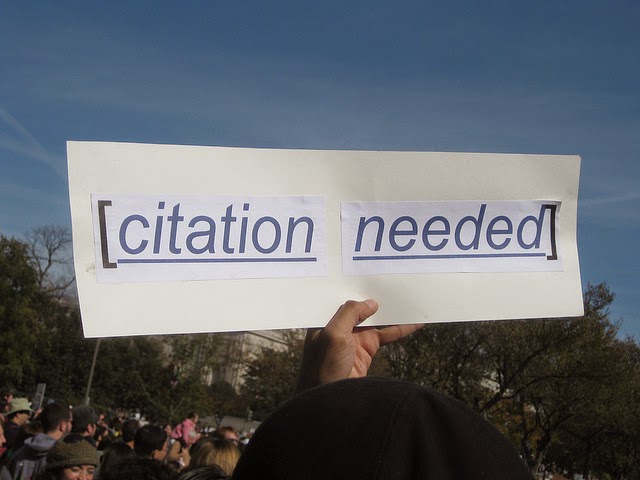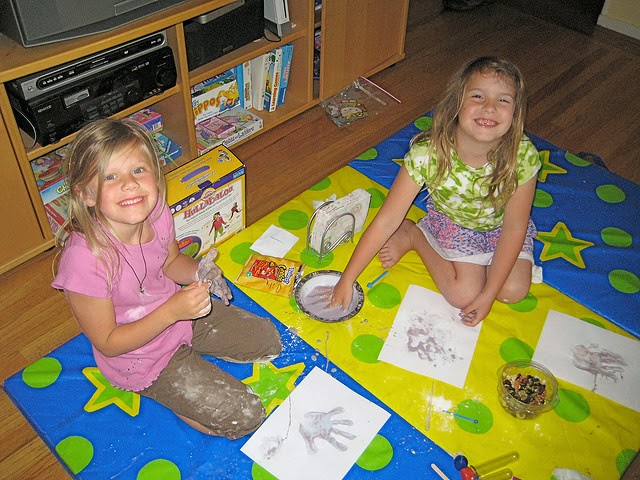The ORC (or Ohio Resource Center) is located physically in Columbus, Ohio and online at http://ohiorc.org/. On its About page, the ORC states that, “ORC enhances teaching and learning by promoting standards-based best practices in mathematics, science, English language arts, and social studies for Ohio schools and universities. ORC serves as a trusted source of easily accessible, peer-reviewed, high-quality, and effective resources.”
This site is a valuable source of materials to help teachers of mathematics, science, English language arts, and social studies. Resources are available specifically for educators in Ohio and the standards specific to Ohio. However, many valuable resources are available that are helpful to all teachers of mathematics, science, English language arts, and social studies… whether they teach in Ohio or elsewhere in the USA or the world.
The ORC site is worth exploring to locate resources to help educators teach and learn in the areas of mathematics, science, English language arts, and social studies.
Mathematics educators can find projects and resources such as:
- Mathematics Standards (PK-12)… resources aligned to Common Core, Ohio Academic Content Standards, and NCTM’s Principles and Standards for School Mathematics
- Stella’s Stunners (6-12)… non-routine mathematics problems
- Problem Corner (3-12)… inquiry-oriented mathematics problems with solutions and classroom suggestions
- Common Core Toolkit (K-12)… resources to help with Common Core
- Mathematics Bookshelf (K-12)… books to support mathematics instruction in the classroom
- Mathematics Mini-Collections (PK-12)… lessons and resources on specific mathematics topics
Projects and resources available for science educators include:
- Science Standards (K-12)… resources aligned to Ohio’s New Learning Standards, newly adopted state standards, Ohio Academic Content Standards, and National Research Council’s National Science Education Standards
- Science Window (Professional)… science issues, practices, news, and discoveries with resources and ideas for incorporating them into lessons
- ORC•On (K-12)… e-publications focusing on a specific topic and spotlighting resources and ideas for the classroom
- Science Bookshelf (PK-5)… books for science instruction in the classroom
- New-Teacher Survival Guide (K-12)… resources for the classroom podcasts and books helpful for new and experienced science teachers
- Science Safety Resources (K-12)… resources for safety in the science classroom
- The ORC PROMISE for High School Science (9-12)… pacing guides with links to resources for the 9-12 courses in ODE’s Science Program Models
- Science Mini-Collections (PK-12)… lessons and resources on specific science topics
- Resources for Early Childhood (REC) (Birth-5)… science resources for children
Educators in English language arts can access these projects and resources:
- ELA Standards (PK-12)… resources aligned to Common Core and Ohio Academic Content Standards
- Language Arts Blog (K-12)… current news, issues, and practices in ELA and discussions about topics in the online literacy magazine In Perspective
- Literacy (K-5)… virtual bookshelves, resources and reading strategies
- AdLIT (6-12)… resources for professional learning and lessons including In Perspective
- ORC•On (PK-12)… e-publications that focus on topics, resources, and ideas for the classroom
- ELA Mini-Collections (6-12)… lessons and resources for specific topics
- Resources for Early Childhood (Birth-5)… resources to help plan lessons, support professional learning, and implement Ohio’s Early Learning Standards
Social studies educators have these projects and resources available:
- Social Studies Standards (K-12)… resources aligned to Ohio’s New Learning Standards
- Social Studies Mini-Collections (PK-12)… lessons and resources for specific topics
- ORC•On (K-12)… e-publications that focus on topics, resources, and ideas for the classroom
- Social Studies Bookshelf, K-8 (K-8)… books for young people recommended by NCSS and aligned to Ohio’s New Learning Standards
- Social Studies High School Bookshelf (9-12)… books for young people recommended by NCSS and aligned to Ohio’s New Learning Standards
- Social Studies Professional Bookshelf (Professional)… reviews of books for professional development
- Social Studies Around Ohio (K-12)… sites outside the classroom that provide looks at social studies in the real world
- Resources for Early Childhood (REC) (Birth-5)… resources to help plan lessons, support professional learning, and implement Ohio’s Early Learning Standards
_________________________
Additional resources available include:
Professional Development… F2F, online, or blended options
ilearnohio… online learning platform for Ohio schools
REC: Resources for Early Childhood… (Birth - 5)… online materials
- Learning Experiences… lessons, activities open explorations, learning games
- Inclusive Classroom… learning experiences, planning options, articles, websites, professional books, terminology, assistive technology
- Inquiry Projects
- Bookshelf… books for educators, parents, and young children (infant-toddler, preschool, transition to K)
- Research/Reference… articles, organizational websites, sample chapters from books, briefs
- Assessment… articles, screening tools, kindergarten readiness resources, learning experiences that include ideas for assessment
Literacy K-5
- Third Grade Reading Guarantee (3)… toolkit and policy practice briefs
- K-2 Bookshelf (K-2)… standards-aligned books for classroom and home
- 3-5 Bookshelf (3-5)… books about literacy skills and thematic units
- Reading Strategies (K-5)… guides for teaching literacy with supports for instruction and assessment
- Reading Resource Collections… lesson plans, resources, assessments, videos, professional readings
- Writing Resource Collections… lesson plans and supplemental resources for teaching writing
Adolescent Literacy (AdLIT)
- In Perspective
- Webcasts
- Video Clips
- Reading Strategies
- Professional Development Modules
- Differentiated Instruction
- Sample Unit Plans
and ORC•ON… online publications on English language arts, mathematics, science, and social studies.
























